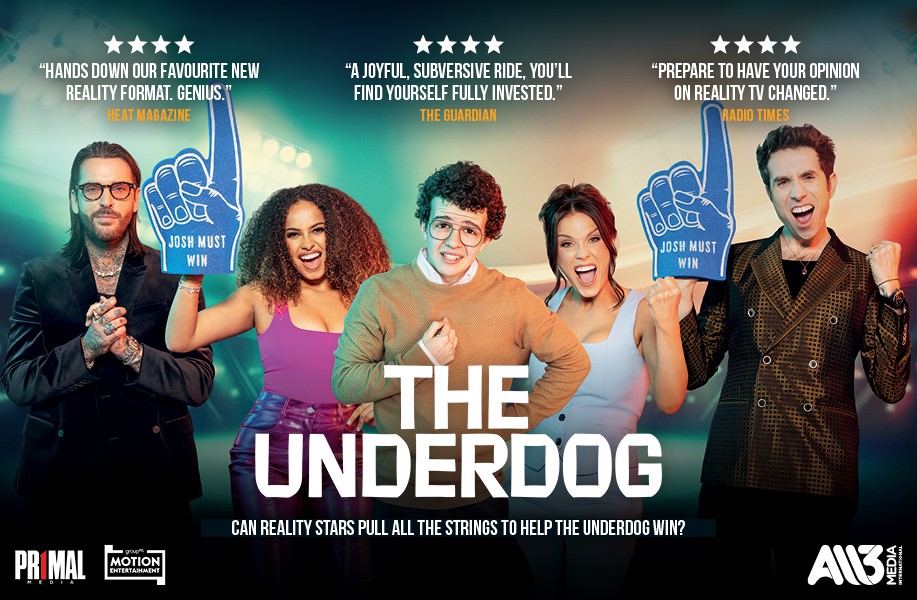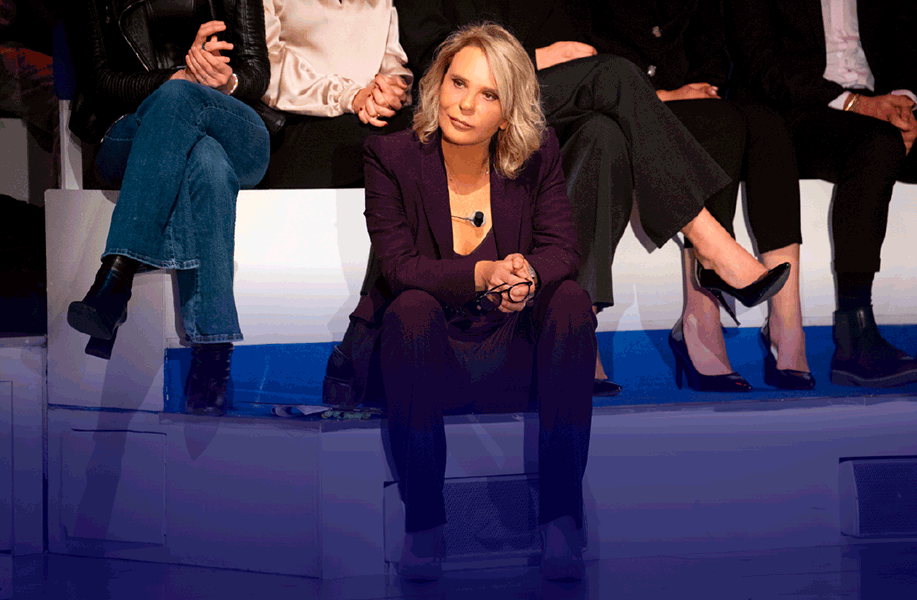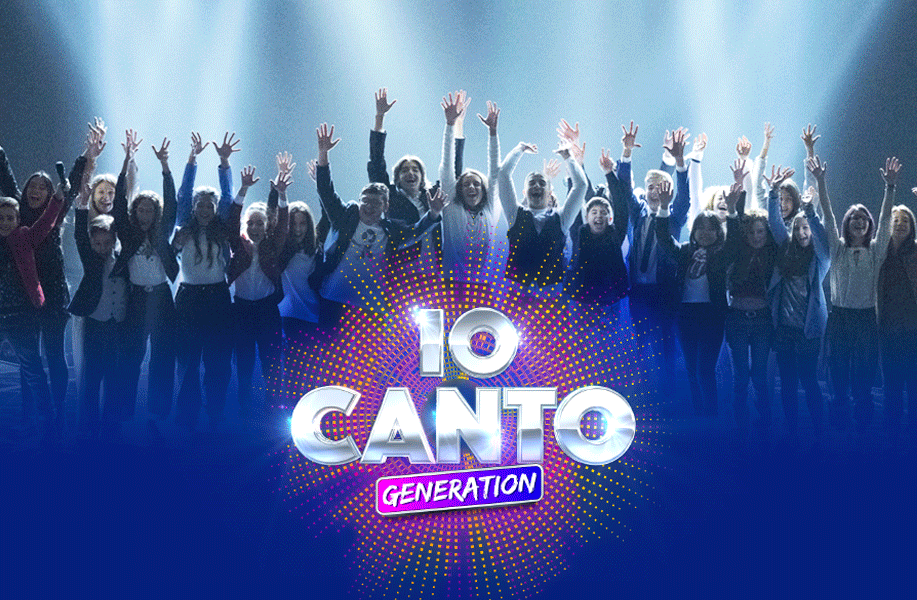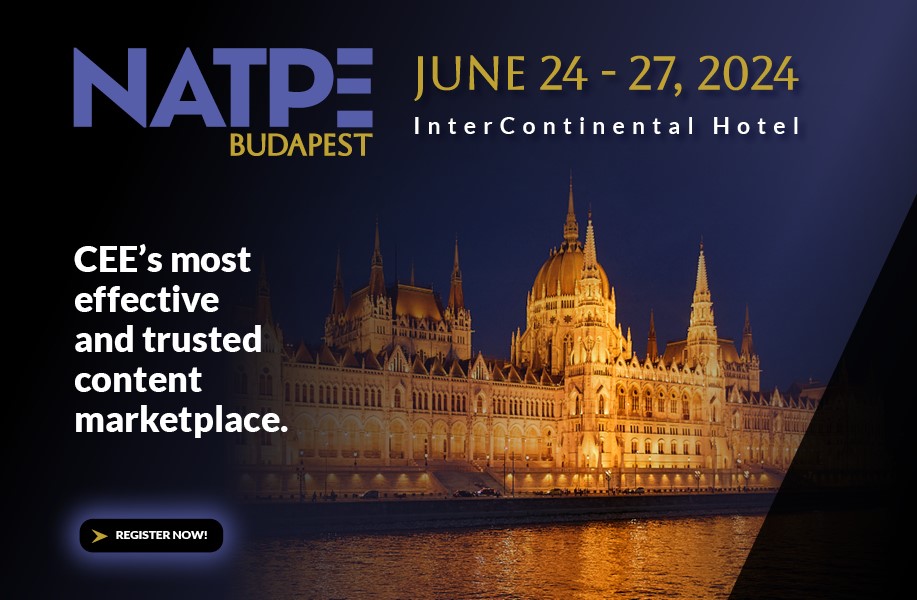Until recently, the use of new technologies related to audio-visuals (CGI and Virtual reality in particular, but also Augmented Reality and Artificial Intelligence) was the prerogative only of fiction, which in fact has a very long tradition: computer animation was used for the first time in history in Hitchcock’s Vertigo (1958).
In contrast, before the pandemic, non-fiction contents using these technologies were very few and, to tell the truth, had little success, as often happens to those too far ahead of their time. Among the precursors that can be mentioned is the Norwegian Lost in Time, 2017 (various VR set designs re-create different historical periods) and the Danish Too Shy to Date: Love Is in VR, 2019 (singletons who are too shy to have a real date meet each other beforehand in a virtual space).
During the covid era, this kind of technology has developed enormously and, even more importantly, the viewers’ familiarity with these technologies has developed even more. The result is a number of “new generation unscripted formats”, more effective, appealing and with a much higher visual rendering.
First of all, an increasing number of shows using CGI, VR, and AR have cost advantages, especially regarding the set design. Examples, among others, of this “basic” level are the two game shows, Family Piggy Bank (Armoza Formats, 2021) and The Connection (BNNVARA, 2022), that use the latest technologies to create high-quality large-scale set studios, virtual play movements and even a virtual audience.
But there is also a more “advanced” use, shifting from the “scenography level” to the “human level”. In the last 2/3 years, a bunch of “hybrid shows” - i.e. shows with real and virtual persons (avatars, virtual idols…) mixed together - have been launched, gradually breaking down the barrier between reality and virtuality. The talent show Alter Ego (Fox, 2021), inaugurated this trend in US: contestants stand backstage while singing and dancing, as motion capture technology projects an avatar on stage, that moves when the person does. Avastars (Talpa, 2023) is something similar, but goes a step further: there no longer is a direct relationship between the real person and his/her avatar, because a singing talent (responsible for controlling the avastar's facial expressions and voice) and a dancing talent (who wears a special suit to control all the movements of the avastar’s body and head) are transformed into one new virtual super talent, that doesn’t correspond to a real person any more. In the Chinese Dimension Nova (iQUYI, 2020) the last barrier has fallen: a series of “virtual idols” interact, dance, sing, and also flirt with the 3 (real) young judges, exactly as if they were real too. In this case, the distinction between “real” and “virtual” has simply no more sense (and in fact it is never mentioned and we never see who gives life to the virtual idols): all characters move in an unprecedented, really impressive “cross-dimensional space”.
Other formats launched recently follow the same strand, even if in a less invasive way. For example, in Your Body Uncovered with Kate Garraway, the host and a doctor meet some patients with chronic medical conditions and use cutting-edge technology to see the problem from the inside out, producing a 3D image that viewers can see at home (BBC, 2022); in Send Nudes Body SOS, 3D animated avatars, which can be viewed from every angle without VR glasses, will show the participants an idea of what they could look like if they went ahead with their desire for cosmetic surgery, in order to decide if undergoing surgery operation or not (Channel 4, 2022); in Mapi, using multi-camera virtual production technology, a virtual character (the Mapi of the title) can perform as actors in the flesh: a hybrid half-human and half-3D-character who interacts with other actors, contestants and real-life objects (TVE1, 2022). All these cases, although maybe did not so innovatively create an “interdimensional space” like in the previously mentioned formats but have interesting concepts and help to make this technology more widespread and familiar to the general public.
The addition of Artificial Intelligence - destined to impact strongly on our lives – is even more recent. One of the first examples is the French Hôtel du Temps (Hotel of Time, France 3, 2022), an original interview format that uses AI to recreate long-lost legends (Dalida, Jean Gabin and others), giving the celebs’ real faces to some actors and even the celebs’ voices. Also, in this case, having been the first of its kind, its originality was not recognised (the first episodes didn’t quite live up to the expectation), however as the concept was original other similar programs soon followed. The English Deep Fake Neighbour Wars (ITVX, 2023) uses AI to turn the UK's best impersonators into worldwide celebrities, giving life to funny sketches. Gusto Tv, the Canadian food network, has announced that later in 2023 Wizard of Sauce will be on air: the format features a “real” host and 3 secondary characters (Professor Saussenheimer, Dr. Sauss and Sgt. Sauce-alot), all performed by the host himself, in costume to script, digitised in post-production and rendered as new AI characters.
Of course, there’s also the eerie side of it. In the shocking Korean “documentary” Meeting You (2020), the AI has been used to create the avatar of Nayeon, a seven-year-old girl who passed away due to an incurable disease. Furthermore, using VR technology, an elaborate park scene was created as a backdrop, where the mother was able to “meet” her daughter and celebrate her “birthday”. It’s not the first time that dead people are at the centre of unscripted shows (see the Japanese Resurrection Makeover and the English Voices from the Grave). But it has been the very first time that a dead person has been recreated as avatar (without her consent) and has interacted with living people in a hybrid (and a bit creepy) cross-medial space. From the social, commercial and, of course, legal point of view, the consequences in the future might be huge.
And finally, there is the Metaverse. It is still too early to understand how it will impact and interface with television, particularly in unscripted. For the moment, many big audiovisual groups are making large investments in it, trying to find out the winning formula. For example, Banijay during Conecta Fiction in Spain declared they are exploring the metaverse and making a “significant” investment in a new initiative designed to create original content for this space; Tencent, the Chinese giant, has created an “extended reality” division that will develop hardware and services for the metaverse; Canadian Dark Slope and Insight Productions announced a partnership to develop diverse ranges of formats for a new era of metaverse entertainment; Fox and Bento Box’s founded together Blockchain Creative Labs to identify growth opportunities in the Metaverse and NFT. And we could continue for a long time. These projects may be growing, so it’s difficult to say in what form and at what speed.
Waiting for the definite answer, the most promising path for the unscripted so far is: a “traditional” show on a “traditional” TV or streaming platform, “enriched” with extensions of the experience (merchandising, events, social games, interaction with other users…) on metaverse. That is what the worldwide-known talent show The Voice recently did, thanks to a partnership between ITV Studios and Virtual Brand Group (VBG). According to an official note, basically, the “Meta-Voice” experience will be structured in 3 assets: building virtual experiences and social games, creating a web3 loyalty program that rewards viewership for the time across all their interactions, developing a new form of metaverse global competition that goes far beyond the real-life version.
In conclusion, new technologies and spaces are developing differently. But, at the moment, they are only attempts to understand the right direction in which to move. It will take time to discover it, and anyway the “traditional” and “passive” TV (including the streaming one), with “real” elements, will continue for a long time…












